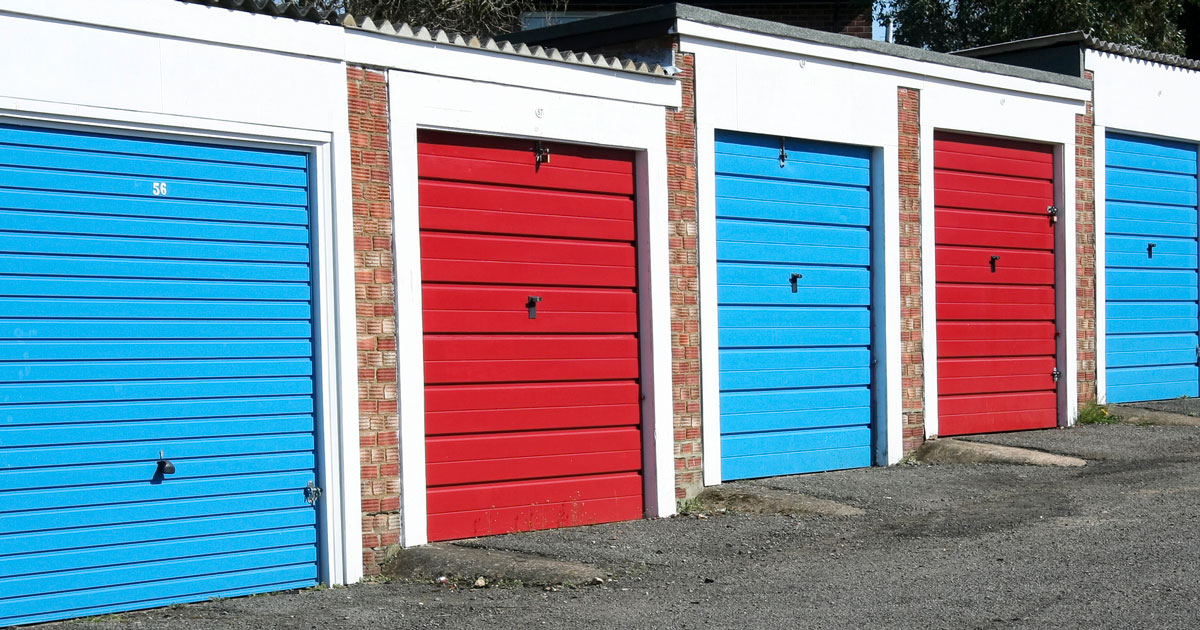Rent Out My Parking Space (Driveway, Field or Land) – TAX FREE
08/09/2019 - 4 minutes readFinding a parking space in the town centre or near to the station is often frustratingly limited. So, if you have a driveway, field or land that can be utilised for parking then you may well have an excellent opportunity to earn some income by renting your parking space, tax-free!
Two new allowances – each set at £1,000 – were introduced from 6 April 2017, one for trading income and one for property income. The allowances are available in addition to the personal allowance.
If you rent out property – including say, a parking space like a driveway or land, and your income from it is less than £1,000 or less in the tax year, there will be no tax to pay, and no need to inform HMRC about it – it will be totally exempt for tax purposes.
Example of Renting Out Parking Space (Driveway)
George lives near to the train station which is popular for the commute into the nearest large town. He has a large drive which has parking for two cars. He provides parking for commuters and charges £20 per week.
During the 2019/20 tax year, George earns £980 from parking. He is a full-time working employee and his personal allowance is fully used up against his salary. He has no other income from property or elsewhere.
As the income from letting out his drive is less than £1,000, the whole amount is tax-free and does not need to be reported to HMRC.
Note: If George had made a loss, it would have been beneficial not to claim the allowance, so the loss could be carried forward for offset against any future property income.
Where property income exceeds £1,000 in the tax year, the taxpayer has two choices:
- deduct the £1,000 allowance from the receipts and pay tax on the excess; or
- work out the profit or loss in the normal way.
The most beneficial option will depend on the level of the expenses.
If income is greater than deductible expenses, but the expenses are less than £1,000, it will be beneficial to claim the property allowance and pay tax to the extent that income exceeds £1,000. If expenses are more than £1,000, the best result will be obtained by working out the profit in the usual way, deducting allowable expenses from receipts.
Example of Parking Space Rental (Paddock)
Helen owns a paddock close to a stately home which is open to the public during the Summer months. She provides overflow parking for the stately home as and when it is needed. In 2019/20, she earns £4,800 from parking receipts and incurs expenses of £860.
If Helen calculates her profit in the usual way, her taxable profit will be £3,940 (£4,800 – £860). However, if she claims the property allowance, her taxable profit will only be £3,800 (£4,800 – £1,000). Claiming the allowance is therefore beneficial.
Contact MCL Accountants on 01702 593 029 to optimise your tax position or if you need any assistance with your company accounts or self-assessment tax returns including landlord tax returns.
- ABOUT
- REQUEST A QUOTE
Ishan provides financial management, taxation and transactional advice to business entities of all sizes. His expert areas include statutory compliance, business taxation, personal tax & transactional processing and systems. Industry sectors include professional services, retail, hospitality and entertaining & media and advertising services.

